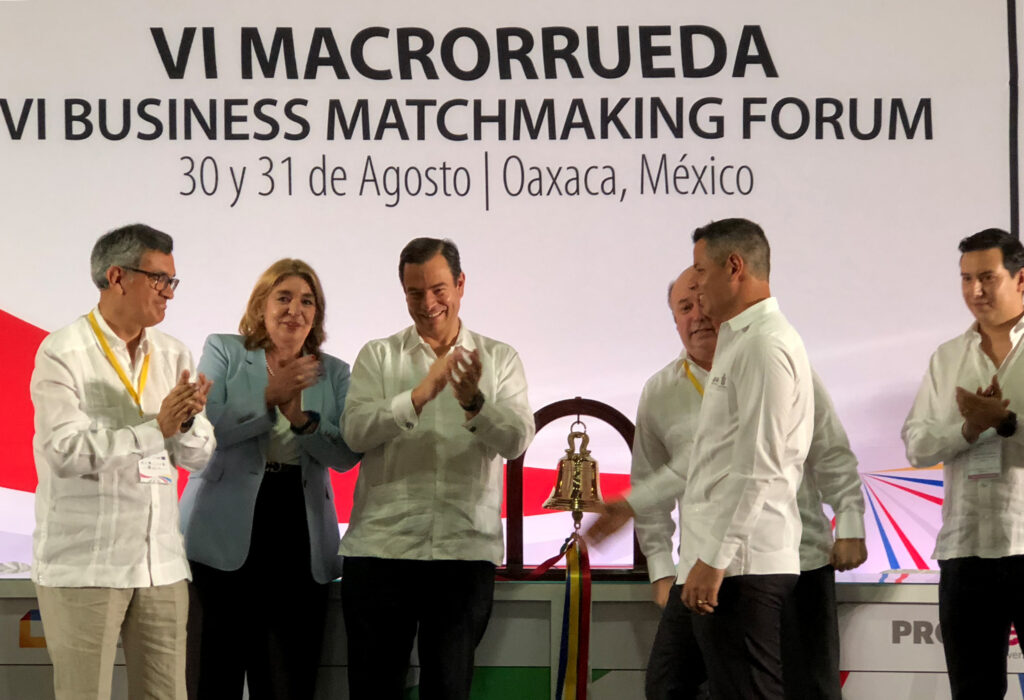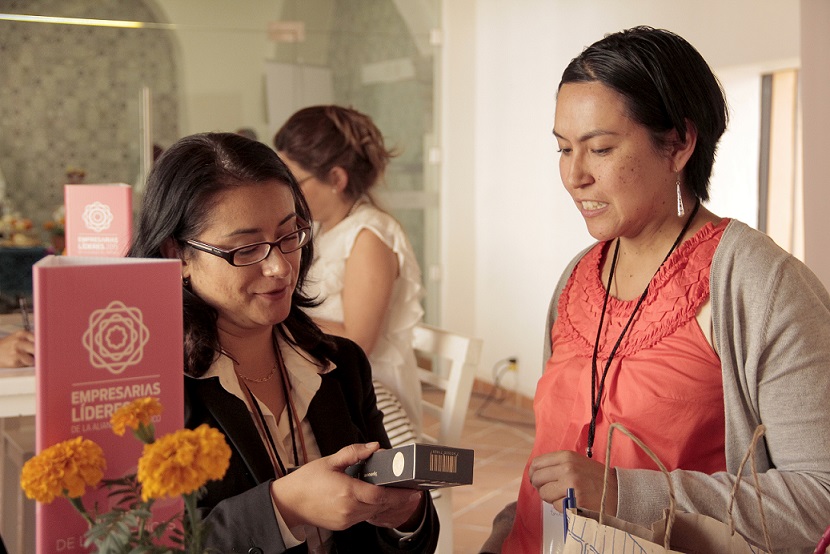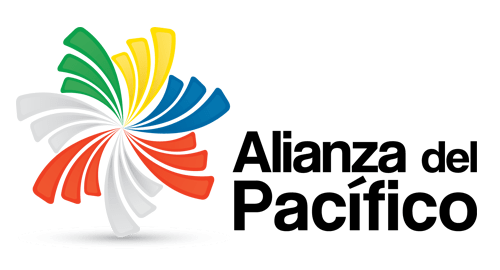With the purpose of contributing to the strengthening of regional integration through the incorporation of the youth of the four member countries of the Pacific Alliance in the exercise of rights and duties that contribute to the overcoming of the development challenges, 48 young people of Chile, Colombia, Mexico and Peru participated in the third call for the Pacific Alliance Youth Volunteer Project, coordinated by the Technical Cooperation Group – GTC.
The Chilean Live Your Parks Program, implemented in Chile thanks to the collaboration of the International Cooperation Agency of Chile (AGCI), the National Youth Institute (INJUV) and the National Forestry Corporation (CONAF), welcomed volunteers from member countries of the Pacific Alliance between July 18th and August 1st. The youth performed maintenance and improvement work on four Chilean National Parks and Reserves in the north of the country, in the regions of Tarapacá and Coquimbo. During the volunteer they visited the House of La Moneda, as well as Los Flamencos Camp located in the National Park, Plains of Challe and Penguins of Humboldt.
Colombia hosted the volunteers on August 2, who will stay for four weeks in the country to support, through their volunteer work, social projects that take place in the Youth Houses of the District Secretariat for Social Integration. The young people participate as of this August 3, in work areas of entrepreneurship initiatives in the sector of cultural and creative industries known as ‘orange economy’.
“I came to Colombia because I have the conviction that many changes can be generated through cultural management,” said Christian Arizmendi, a Chilean volunteer, during the welcoming day. Another volunteer is Kiera Lozano, who traveled from Cajamarca in Peru to Bogotá, to bring her knowledge in communication to “youth groups to help them promote cultural, in the area of audiovisuals.”
The active and effective participation of young people in the experience of volunteering achieves not only impact on their citizenship training, but also reinforces their knowledge and social and work skills, but also in their communities and local populations. This is explained by Ezequiel Domínguez Cardozo, a Mexican volunteer who starts work in Bogotá, “I am very interested in the subject of the ‘orange economy’, of transforming ideas into cultural goods and services that contribute to the social development of the community.”
The active and effective participation of young people in the experience of volunteering achieves not only impact on their citizenship training, but also reinforces their knowledge and social and work skills, but also in their communities and local populations. This is explained by Ezequiel Domínguez Cardozo, a Mexican volunteer who starts work in Bogotá, “I am very interested in the subject of the ‘orange economy’, of transforming ideas into cultural goods and services that contribute to the social development of the community.”
In Mexico, the third edition of the program took place between July 18th and August 4th. The volunteering of the Alliance was inserted in the program Hagamos Hogar (let’s make home) that runs the government of the state of Puebla and UN volunteers, which was possible thanks to the coordination of the Mexican Institute of Youth (IMJUVE) and the Mexican Agency for International Cooperation for Development (AMEXCID).
Thus, for 14 days, the group formed by the 16 young people of the member countries of the Pacific Alliance, carried out voluntary activities in the Municipality of Atzizihuacán, located in Puebla.
In Peru, volunteers stayed from 2nd to 18th July, participated in the project ‘Humanizing spaces: educational intervention for the promotion of good treatment in public spaces’, which aimed to strengthen the development and promotion of interpersonal skills, with special emphasis on empathy, assertiveness and good treatment of youth and adults.
This program was developed by the National Youth Secretariat (SENAJU), the youth governing body of the Ministry of Education and the Peruvian Agency for International Cooperation (APCI), which articulated efforts to strengthen the interpersonal skills of young volunteers through the Pacific Alliance Youth Volunteer Project.
In the two stages of volunteering (2015 and 2016), 96 young people from Chile, Colombia, Mexico and Peru were mobilized for two to four weeks in which, through their work, they shared their experiences and knowledge in the framework of different local programs and projects.
This volunteer project is aimed at young people between the ages of 18 and 28, who are nationals of the Pacific Alliance member countries and who live in their country of origin when they apply.
The Pacific Alliance promotes the free circulation of goods, services, capital and people of the governments of Chile, Colombia, Mexico and Peru. The Youth Volunteer Project seeks to give continuity to efforts to promote the exchange of experiences through activities that form solidarity behaviors among young people, which have a positive impact on society, bearing in mind that youth is a key player in the region.





